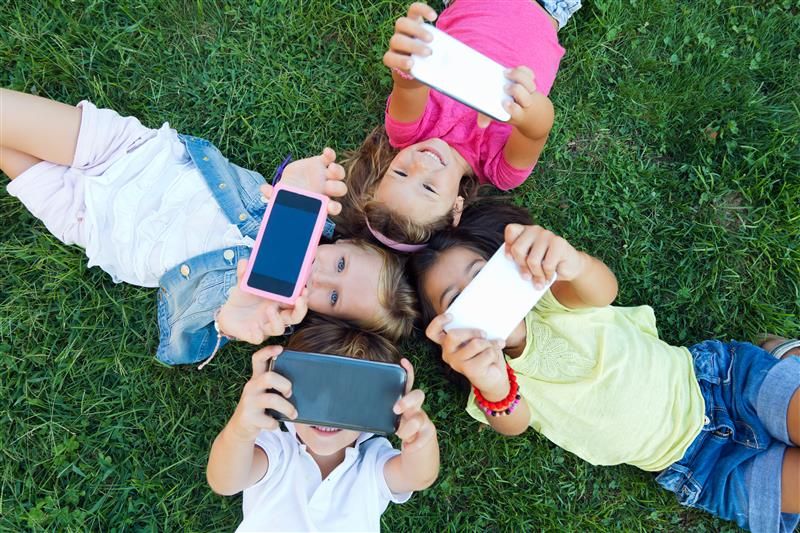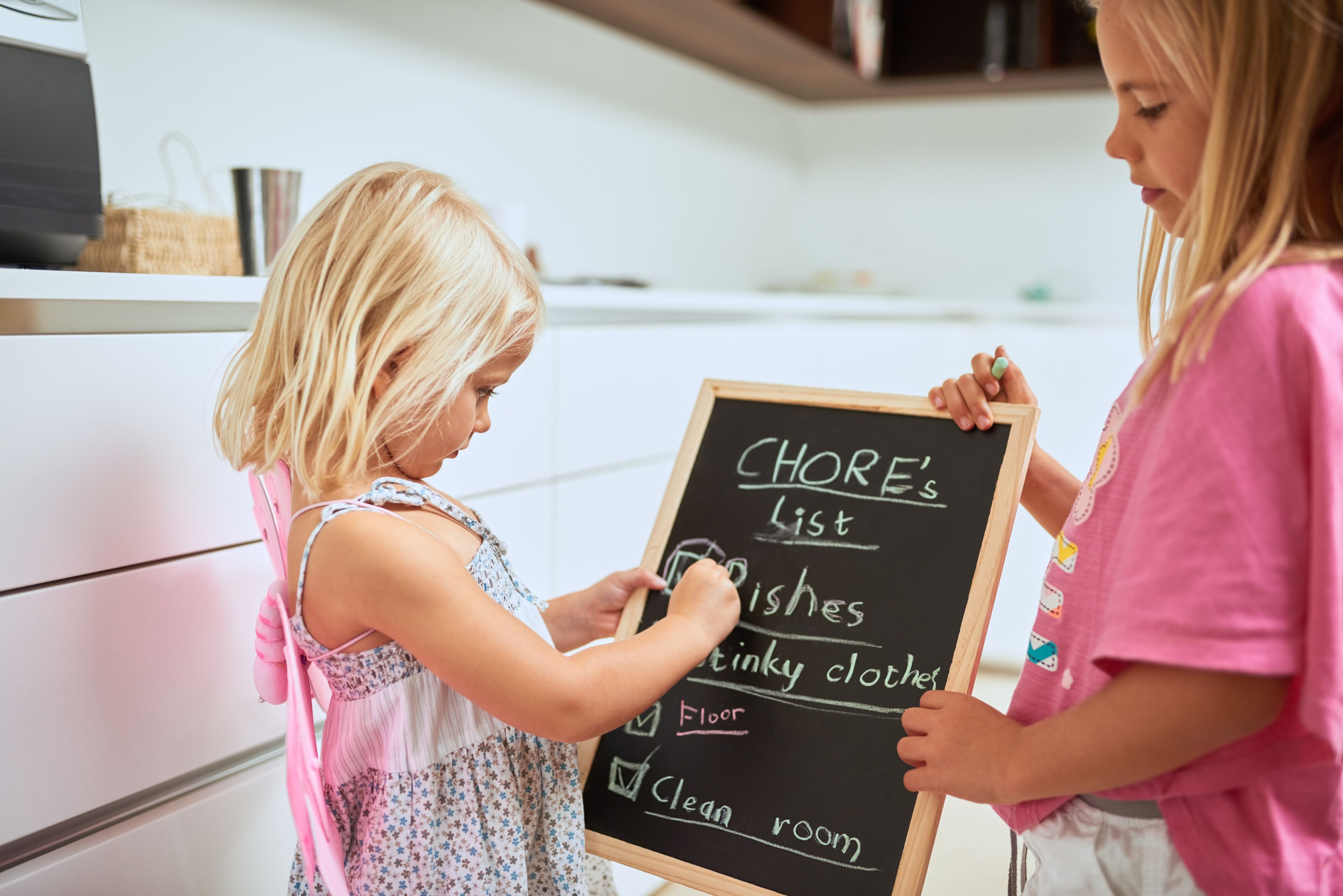digital addictionparentingscreen addictionoffline activities
08.08.2025
Screens and Children’s Holidays:A Dangerous Combination? What Studies Say and How You Can Intervene Effectively

Summer vacation is, for most children, the most eagerly awaited time of the year. No homework, no early mornings, no strict schedules – it sounds like the perfect recipe for fun. But for parents, the holiday period brings challenges. Their schedule stays the same, while children suddenly have a lot of free time and too few structured activities. In this context, phones, tablets, and televisions quickly become the main way to fill the time.
It’s not about a lack of interest from children. Screens are simply the most accessible and attractive option. When there’s no clear plan or real alternative, a child will choose what is familiar, easy, and entertaining. The problem arises when this kind of choice becomes a daily routine and spirals out of control. During vacations, this happens often. In Romania, according to a 2025 study by Save the Children, almost half of children (48.3%) already spend more than 6 hours a day online. During the holiday period, this can rise to up to 10 hours per day. Moreover, 22% of teenagers aged 11 to 15 consistently spend over 5 hours a day on social media – placing Romania among the top European countries for problematic use, according to the World Health Organization.
What’s more, children are accessing social networks at increasingly younger ages. In 2019, the average age was around 9. In 2025, the average is already 5. This means that many children enter the online world without understanding the risks: inappropriate content, loss of privacy, the constant need for validation, and the pressure to be liked. According to a report by Save the Children, one in three children who sought psychological help showed signs of anxiety, and among teenagers, the rate exceeds 50% – including serious situations such as suicide attempts or behavioral disorders linked to excessive digital consumption.
Many parents wonder what they should do. Should they ban access to phones? Strictly limit online time? Or let the child decide how much time to spend on screens? The reality is that harsh restrictions don’t work long-term. Children won’t give up technology just because they’re told “no.” On the other hand, clear limits, set together with the child and consistently respected, can make a real difference. For example, a simple rule might be: a maximum of 2 hours of screen time per day, split into short sessions in the morning and afternoon.
Another important aspect is not just how long the child is online, but what they do during that time. Not all kids waste time on mindless videos or compulsive games. Some use technology in a constructive way. A 2024 survey by Novakid shows that over 50% of Romanian children spend more than 6 hours per week on educational online activities – a major increase from 2022, when only 12% did so. Furthermore, 10% of Romanian children spend over 10 hours weekly on such activities, and 15% even exceed 15 hours – a sign that the trend can shift in a positive direction with parental support.
A common challenge arises when parents are not the only ones caring for the child. Many kids spend their vacations with grandparents or nannies, who may not know the rules set at home or may not apply them. It’s essential that everyone involved in the child’s life is informed and respects the same limits. Otherwise, consistency disappears, and the child will naturally gravitate toward where the rules are more relaxed.
Still, just saying “no” isn’t enough. A child needs something instead. It’s important for the parent to offer real alternatives – simple and age-appropriate. There’s no need for expensive camps or elaborate activities. Sometimes, a family game, a vacation wish list, an afternoon of biking, a small construction project, or an evening of cooking together can be enough. What matters is that these moments are offered as genuine options, not as obligations.
Parents don’t need to chase perfection. It’s normal to have days when the child spends more time online. What matters is that this doesn’t become a habit. Balance is key. A child needs present parents, not perfect ones. If the adult takes the time to truly be there – to talk, play, laugh – that time is worth more than any hour spent on YouTube.
For parents who feel they need support, there are helpful tools that can make a difference. Tutorina is one such example: an app designed specifically to help parents manage their child’s screen time, set clear limits, and encourage family collaboration. Good habits don’t form overnight, but they can start this very holiday.


